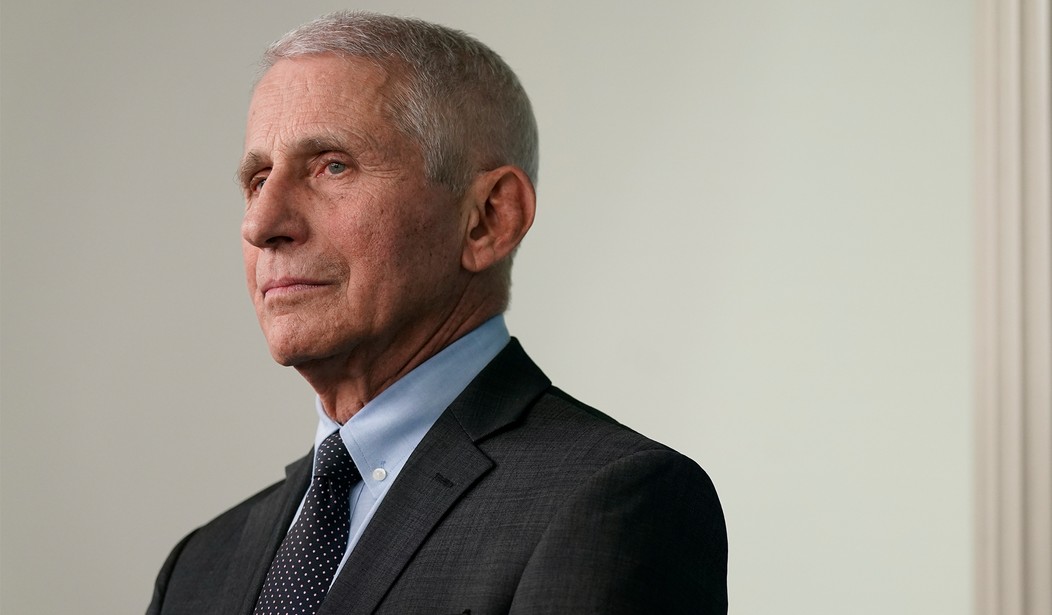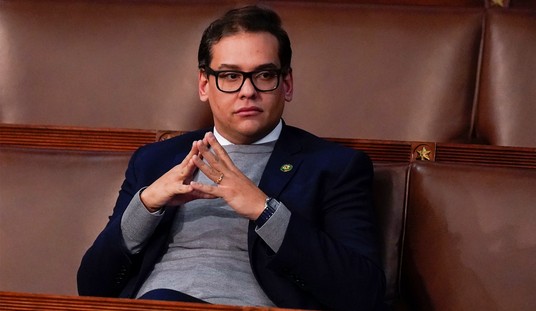The Greatest Cover-Up in Human History
First, it was supposedly a conspiracy theory.
Then, it was banned.
Finally, it was true.
The so-called "lab leak" theory of the origins of COVID-19 -- the theory that COVID-19 originated in at the Wuhan Institute of Virology and then was unintentionally loosed -- was always the most probable explanation for the outbreak of the deadly virus. After all, as Jon Stewart correctly joked in 2021, "'Oh, my God, there's a novel respiratory coronavirus overtaking Wuhan, China. What do we do?' 'Oh, you know who we could ask? The Wuhan novel respiratory coronavirus lab.' The disease is the same name as the lab. That's just a little too weird, don't you think?"
But for well over a year, it was considered verboten to mention the lab leak theory. When Senator Tom Cotton, R-Ark., posited the possibility of a lab leak in February 2020, he was roundly mocked by the media. The New York Times headlined, "Senator Tom Cotton Repeats Fringe Theory of Coronavirus Origins." Scientific American headlined -- in March 2022! -- "The Lab-Leak Hypothesis Made It Harder for Scientists to Seek the Truth." Facebook actively quashed attempts to disseminate the theory; Dr. Anthony Fauci went on national television and downplayed the theory.
Recommended
Why?
Two reasons are obvious. The first: powerful institutions had a stake in downplaying the Chinese origins of the virus in order to shift blame to the rest of the world. Certainly, that was China's game: In all likelihood, COVID-19 was spreading in China as early as October 2019, and the government covered it up for months. But that was also the game of the World Health Organization. Members of the American government like Fauci also had a stake in smothering questions about American funding for gain-of-function research in Wuhan.
Then there's the second reason: all the wrong people were repeating the lab leak theory. As one of MSNBC's resident hacks, Mehdi Hasan, admitted on Twitter, "The simple reason why so many people weren't keen to discuss the 'lab leak' theory is because it was originally conflated by the right with 'Chinese bio weapon' conspiracies and continues to be conflated by the right with anti-Fauci conspiracies. Blame the conspiracy theorists." As Nate Silver correctly noted, "The Bad People thought the lab leak might be true, therefore as journalists we couldn't be expected to actually evaluate the evidence for it."
Herein lies a lesson: A huge number of people have decided that there are a cadre of people who are so vile that any opinion they touch is immediately toxified beyond investigation. Claims are not to be evaluated on their own merits; instead, we can simply determine whether a claim ought to be supported based on those who posit it. This helps to explain why political crossover has become nearly impossible: We're not judging the claims of our opponents; we're judging (SET ITAL) each (END ITAL) other. And this means that we can discard any argument simply by dint of the fact that we don't like the person offering it.
Among members of the general population, this is a problem, but not a fundamental one. But among those who pose as "experts" -- the people who are supposed to serve as guides for people who outsource their political information, from media to scientific institutions -- it's a fatal error. After all, experts are supposed to be impartial adjudicators of the evidence. That's their entire job. We can evaluate on our own who we don't like -- but we often need help to determine whether an argument has merit or not. When experts become "just like us," they undermine their raison d'etre.
And that's precisely what happened with COVID-19. Whether it was ignoring the actual evidence regarding masks and mask mandates, the evidence regarding post-vaccination transmissibility or the evidence regarding the lab leak theory, experts decided that the wrong people had to be ignored. But they were wrong. And now they have no credibility left.




No comments:
Post a Comment